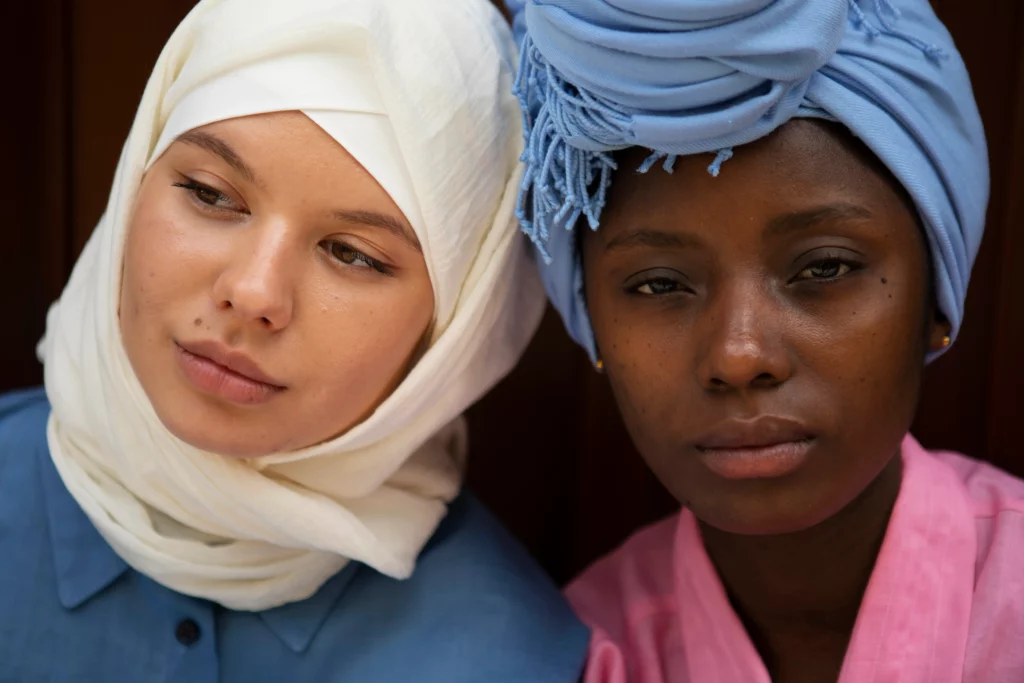
What Is Ramadan in the Islamic religion?
Fasting during Ramadan fosters spiritual growth and community, but what deeper meanings and traditions lie beneath this sacred month? Discover the essence of Ramadan.

Who do Muslims pray to? This question often arises among people curious about Islam. For the 1.9 billion Muslims across the globe, prayer—known as Salah—is far more than a daily habit or tradition. It is a direct conversation with the divine, a spiritual discipline that shapes their day, and a reminder of the ultimate purpose of life. Muslims pray to Allah, the One God, Creator, and Sustainer of everything in existence.

The word Allah is simply the Arabic word for “God” and is used not only by Muslims but also by Arabic-speaking Christians and Jews. This reinforces a core Islamic belief: there is only one God for all humanity.
In Islam, Allah is not a distant figure but an ever-present, all-knowing Creator. The belief in His oneness is called Tawhid—the foundation of Islamic theology. Allah is:
This understanding transforms prayer from a ritual into a deeply personal and conscious act of devotion.
Muslims pray to Allah for multiple spiritual reasons:
The Quran itself emphasizes prayer in verses like “Indeed, I am Allah. There is no deity except Me, so worship Me and establish prayer for My remembrance” (Quran 20:14).
Muslims perform five daily prayers at fixed times:
Each prayer includes physical movements—standing, bowing, and prostrating—combined with Quranic recitations. Worshippers face the Kaaba in Mecca, a symbolic unifying point for all Muslims. Importantly, Muslims do not worship the Kaaba; it is simply the direction of prayer (qibla).
While the core of Salah is the same worldwide, cultural settings can influence aspects such as prayer call melodies (adhan) and mosque architecture. From the grand mosques of Istanbul to the small prayer rooms in remote villages, the essence of prayer remains identical—devotion to Allah.
Salah became obligatory during the Prophet Muhammad’s miraculous night journey, known as Isra and Mi’raj. During this event, he ascended to the heavens and received the command for Muslims to pray five times a day—cementing Salah as a central pillar of Islam.

Fasting during Ramadan fosters spiritual growth and community, but what deeper meanings and traditions lie beneath this sacred month? Discover the essence of Ramadan.

The Five Pillars of Islam shape faith and community, but how do they truly transform individual lives and society at large? Discover the impact within.

In exploring Islam vs. Muslim, discover the key distinctions that shape their identities and why understanding them is crucial for deeper insights.

Curious about the Islamic view of God? Discover the significance of Tawhid and how it impacts believers' lives and their connection to the world.

Learning about Islam's perspective on attending Christmas can reveal surprising insights, but what do these beliefs truly mean for interfaith relationships?

Journey into the origins of the Islamic faith and discover the pivotal moments that transformed a simple message into a powerful movement. What challenges did they face?